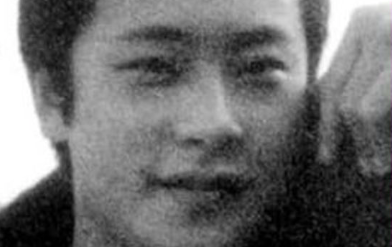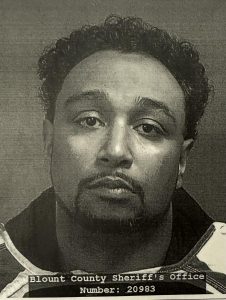Netflix has scheduled the release of an upcoming true crime documentary titled “Missing: The Lucie Blackman Case” on July 26. The documentary delves into the distressing narrative of Lucie Blackman, a 21-year-old British tourist who was declared missing in Japan in July 2000, but was later found dead.
Also Read | Babylon Bee mocks Matt Walsh’s What Is A Woman with satirical What Is A Man documentary
Who is Joji Obara?
Joji Obara, originally known as Kim Sung-jong, is a Korean-Japanese serial rapist believed to have committed offenses against a staggering number of women, estimated to be between 150 to 400 victims. Among his heinous crimes, he was accused in October 2000 of drugging, raping, and killing a British woman named Lucie Blackman, as well as the rape and manslaughter of Australian woman Carita Ridgway, and the rape of eight other women.
In 2007, Obara was sentenced to life imprisonment on multiple rape charges and manslaughter, but due to a lack of direct evidence, he was acquitted of the rape and murder charges related to Lucie Blackman’s case. However, in December 2008, the Tokyo High Court found him guilty of abduction, dismemberment, and disposal of Blackman’s body.
Joji Obara was born on August 10, 1952, to Zainichi Korean parents in Osaka. At the age of 15, he enrolled in a prep school affiliated with Keio University, almost ensuring his acceptance into the university. Two years later, his father died in Hong Kong, and Obara inherited properties in both Osaka and Tokyo.
Also Read | Who is Milo? MTV’s transgender documentary Transformation star regrets decision
After traveling extensively and completing his studies at Keio University with degrees in politics and law, he chose to become a naturalized Japanese citizen and legally changed his name. Obara made substantial investments in real estate speculation, amassing assets estimated to be worth as much as $38 million. However, during the 1990s recession, he suffered significant financial losses, leading to the downfall of his firm.







